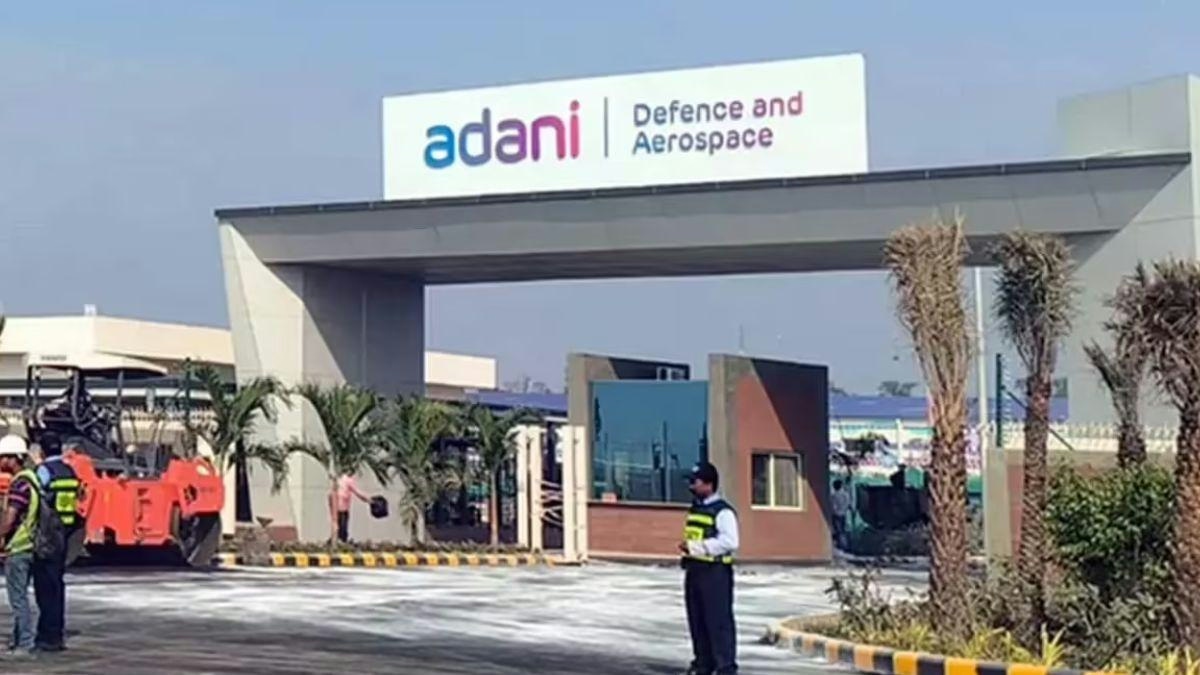AeroGenie — Your Intelligent Copilot.
Trending
Categories
Adani Defence & Aerospace to Acquire Indamer Technics Through Horizon Aero

Adani Defence & Aerospace to Acquire Indamer Technics Through Horizon Aero
Adani Defence & Aerospace, in collaboration with Prime Aero, has entered into a definitive agreement to acquire a 100% stake in Indamer Technics Private Limited (ITPL), a prominent private-sector aircraft maintenance, repair, and overhaul (MRO) company in India. The acquisition will be executed via Horizon Aero Solutions Limited, a joint venture equally owned by Adani Defence & Aerospace and Prime Aero, the latter being led by Prajay Patel, Director of Indamer Technics.
Expansion in the Aviation MRO Sector
This acquisition represents a strategic expansion of Adani’s footprint in the aviation MRO industry. ITPL operates a state-of-the-art greenfield facility located within Nagpur’s MIHAN special economic zone, covering 30 acres and equipped with 15 aircraft bays distributed across 10 hangars. The company holds certifications from the Directorate General of Civil Aviation (DGCA), the US Federal Aviation Administration (FAA), and other international regulatory bodies. Its service portfolio includes lease return inspections, heavy C-checks, structural repairs, and aircraft painting, positioning it as a comprehensive service provider in the sector.
Jeet Adani, Director at Adani Airports, emphasized the timing of the acquisition, noting the anticipated addition of over 1,500 new aircraft to India’s domestic fleets in the near future. The transaction aims to harness synergies between ITPL and Air Works, another aviation enterprise under the Adani umbrella, to deliver integrated solutions catering to both commercial and defence aviation markets.
Challenges and Competitive Dynamics
Despite the promising outlook, the acquisition faces potential challenges. Regulatory approvals remain a critical hurdle, with Adani Defence & Aerospace expected to undergo thorough scrutiny before finalizing the transaction. Additionally, the integration of ITPL’s operations with existing business units may involve complex operational adjustments. Industry analysts have highlighted the possibility of initial skepticism due to the deal’s scale and complexity, as well as the risk of short-term disruptions during the integration phase.
The competitive environment within the MRO sector is intensifying. Established players such as SR Technics and FL Technics have recently expanded their service agreements and partnerships, reflecting a dynamic and increasingly competitive market landscape. These competitors may respond to Adani’s acquisition by forging new alliances or enhancing their service capabilities to maintain or increase their market share.
Market Response and Outlook
The announcement was met with a positive market reaction, as shares of Adani Enterprises closed nearly 5% higher on the Bombay Stock Exchange on Monday, August 11. As the acquisition process unfolds, industry observers will closely monitor how Adani Defence & Aerospace addresses regulatory, operational, and competitive challenges in its effort to consolidate its position within India’s rapidly expanding aviation sector.

Emirates Unveils Cabin Design for New Boeing 777X

Eighteen Years On, the Airbus A380 Remains Central to a $34 Billion Airline

How a boom in luxury airline seats is slowing down jet deliveries

Navitaire Outage Attributed to Planned Maintenance

DigiYatra Debuts Outside Aviation at India AI Impact Summit

Vietnam Orders Strengthen Boeing’s Commercial Outlook

Airbus Signals Uncertainty Over Future A400M Orders

JobsOhio Awards $2 Million Grant to Hartzell Propeller for Innovation Center

Collins Aerospace Tests Sidekick Autonomy Software on YFQ-42A for U.S. Air Force CCA Program

How the Airbus A350-1000 Compares to the Boeing 777
